Washington Cattlemen's Association – Week 13
Legislative Report Beef Day – April 9: When the Capitol Smelled Like Tri-Tip!
What a day to be a WCA member in Olympia. Just when we thought the rain might wash us out, the sun broke through and set the stage for one of the best Beef Days we've had. Tri-tip smoke drifted across the Capitol Campus, the line for sandwiches stretched long, and conversations flowed between ranchers and lawmakers. So many people worked so hard to make it happen and I’m almost sure to miss someone, so forgive me in advance, but a definite shout out to James McPhee, Chelsea Hajny, Cheryl Brown, Jason Lee, Floyd Lewis, Bev and Ron Cridlebaugh, Branden and Heather Brink, Jennifer Colvin and their ranch crew, Ashley Larson and team, Gail Shelton, Bill Sieverkropp, Jeff Keane and so many more, including the Washington CattleWomen, the Thurston County CattleWomen, AgriBeef, the Washington Cattle Feeders, and our dairy friends Dan Wood, Jay Gordon, Ben Buchholz, and Darigold. Thank you all for showing up and making it happen!
As many know by now, Governor Ferguson joined us the day before in his office and reaffirmed his commitment to agriculture, telling us directly regarding the CCA ag fuels exemption, “A promise made is a promise kept.” We got to talk with him about a lot of other issues as well including WDFW purchasing property, and wolves. We also had great meetings with hardworking Senators Schoesler, Warnick, Short, Representative Dent, and WSDA Director Derek Sandison. We appreciate all they are doing over here in Olympia!
What’s Going on in Olympia!
As of today, lawmakers are 89 days into the 105-day regular session. With the April 8 fiscal committee cutoff behind us, legislators have shifted back to floor action—voting on bills before the next major deadline: Wednesday, April 16, the Opposite Chamber Cutoff. Any bill that hasn't cleared the opposite house by 5 p.m. that day (with a few exceptions) is likely done for the year. But not everything follows that rule. NTIB bills—"Necessary to Implement the Budget"—are always alive. These are the big-ticket tax and spending bills tied to the final budget deal, and they can move at lightning speed right up to Sine Die. Right now, House and Senate leaders are hunting for over $8 billion in new revenue.
Current proposals on the table continue to include:
• A 5% payroll tax on large employers (SB 5796)
• A 1% tax on intangible assets over $50 million (SB 5797)
• New nicotine taxes
• A tiered B&O tax on self-storage and staffing businesses
• Lifting the 1% property tax cap (SB 5798)
• Eliminating ag-friendly tax preferences (SB 5794) These proposals are in various stages—some are being talked about behind the scenes, while others have already had hearings. But make no mistake: some of these are real threats to agriculture.
Transportation Budget
• Senate wants a 6-cent gas tax hike in July, with 2% yearly increases after that.
• House wants a 9-cent hike, tied to inflation. Projected to raise $1.5 to $1.8 billion over six years, but rural Washington—where folks drive farther and depend on fuel for ag operations—will pay the price. Governor Ferguson has remained noncommittal on supporting these tax increases, but we did express our concern when we met with him.
Legislative Updates
SB 5360 – Environmental Crimes Overreach
• Status: DEAD
• Summary: This bill seeks to redefine certain environmental violations, potentially criminalizing standard agricultural practices.
• WCA Position: We oppose this bill due to its vague definitions that could unfairly target agricultural activities.
E2SHB 1912 – Farm Fuel Exemption Bill
• Status: On the Second Reading Calendar in the Senate as of April 12, 2025
• Summary: Extends the on-road fuel exemption for agriculture under the Climate Commitment Act through December 31, 2029, and preserves the current refund system
• WCA Position: Strongly support. Without this bill, the exemption ends in 2027. We’re still working on an amendment to address special fuels used on-farm, like propane. That conversation is ongoing, and WCA remains fully engaged.
SB 5485 – Strengthening Livestock Identification
• Status: On the Second Reading Calendar in the House as of April 12, 2025
• Summary: Keeps the WSDA Livestock ID program going strong by maintaining the current fee structure and supporting disease traceability
• WCA Position: Support. This is a good, straightforward bill that protects Washington’s reputation and safeguards herds from theft and disease spread.
SB 5343 – Sheriffs + Ranchers = Stronger Together
• Status: On the Second Reading Calendar in the House as of April 12, 2025
• Summary: Expands support for the Northeast WA Wolf-Livestock Management Account and includes grant funding for Stevens and Ferry County Sheriffs to actively help with predator deterrence
• WCA Position: Support. This bill recognizes that local law enforcement is a critical partner in protecting livestock. It’s a practical solution for a serious issue.
